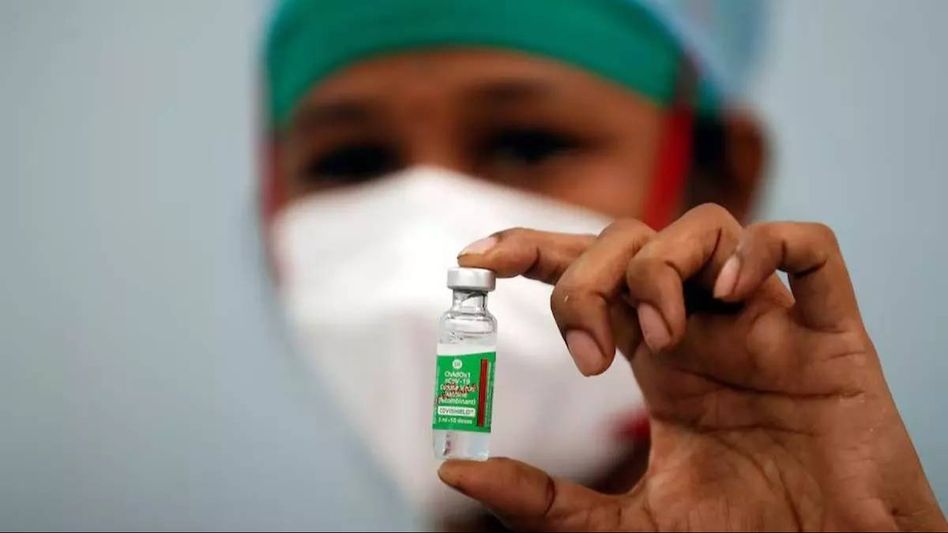Took Covishield, Should you be worried?
Speaking to India Today, Dr. Sudhir Kumar, a Neurologist at Apollo Hospital, Hyderabad, stated that adverse effects related to the vaccine typically manifest within a few weeks following administration. He reassured that individuals who received the vaccine earlier need not be unduly worried.
 Took Covishield, Should you be worried?
Took Covishield, Should you be worried?The renowned British pharmaceutical company, AstraZeneca, has publicly acknowledged the possibility that its Covid-19 vaccine, widely known as Covishield in India, may carry a risk of Thrombosis with Thrombocytopenia Syndrome (TTS), a rare but severe side effect associated with blood clotting.
The admission comes amidst ongoing litigation, with AstraZeneca facing up to 51 lawsuits globally, alleging that its vaccine has led to serious injury and even death in numerous cases. This revelation has sent ripples of concern across the globe, particularly in India, where Covishield has been administered extensively as a crucial defense against severe Covid-19 complications.
TTS, characterized by the formation of blood clots coupled with a decrease in blood platelet count, has prompted heightened scrutiny and apprehension among vaccine recipients. However, medical experts assert that while the acknowledgment is significant, the risk remains minimal, particularly for those who received the vaccine several months ago.
Speaking to India Today, Dr. Sudhir Kumar, a Neurologist at Apollo Hospital, Hyderabad, stated that adverse effects related to the vaccine typically manifest within a few weeks following administration. He reassured that individuals who received the vaccine earlier need not be unduly worried.
Echoing Dr. Kumar's sentiment, Dr. Rajeev Jayadevan, Co-Chairman of the National Indian Medical Association, highlighted that TTS occurrences have been predominantly reported within the first month after the initial dose, with minimal cases thereafter.
Despite the recent spotlight on TTS, Dr. Kumar emphasized that its occurrence post-Covid vaccination remains exceedingly rare, considering the vast number of vaccine doses administered globally. Notably, only isolated case reports have surfaced in India, with the precise incidence rate yet to be determined.
Dr. Kumar further elucidated that while Covid vaccines marginally elevate the risk of blood clots, this risk pales in comparison to the significantly higher risk posed by Covid infection itself. Moreover, individuals who have been vaccinated stand at a lower risk of adverse outcomes such as clots, heart attacks, and strokes compared to unvaccinated individuals.
Addressing concerns regarding the comparative safety of Covishield and Covaxin, Dr. Kumar stressed that insufficient data precludes a definitive preference between the two vaccines based on adverse effect profiles. Both vaccines have demonstrated efficacy in combating Covid-19, with no conclusive evidence to suggest superiority of one over the other.
In light of recent events, AstraZeneca's vaccine has garnered increased attention due to rare side effects associated with adenovirus-based vaccines, including Guillain Barre syndrome, Bell's palsy, stroke, cerebral venous sinus thrombosis, and heart attacks. Several countries temporarily suspended the administration of AstraZeneca's vaccine following reports of blood clotting, underscoring the need for rigorous monitoring and transparency in vaccine safety assessments.
Copyright©2026 Living Media India Limited. For reprint rights: Syndications Today









